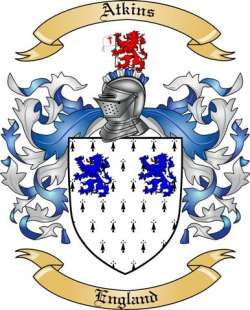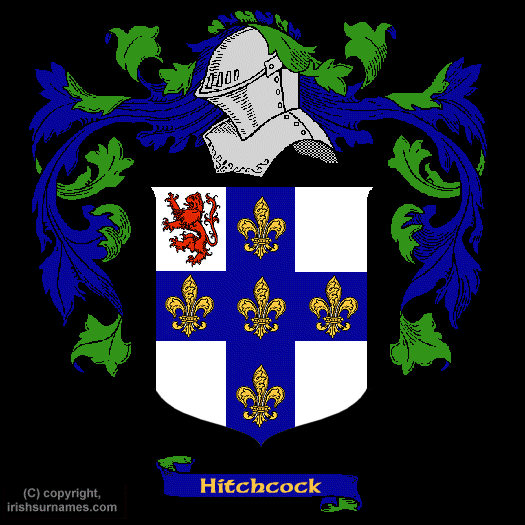https://dmnes.wordpress.com/2015/12/30/nicknames-the-english-element/
The DMNES Researchers have by no means exhausted the possibilities when it comes to discussing medieval nicknames, so they will probably revisit this topic again in spring! But to close out this month’s discussion of nicknames, they thought to take a look at specifically English diminutive suffixes.
 One caveat, they’ll be focussing on Middle English diminutives, rather than Old English ones. There is a surprising diversity of Old English nicknames, but they tend to be hypocoristics rather than diminutives, and the DMNES researchers currently don’t have enough Old English data to be able to say anything useful or interesting. So they’ll leave that topic for later and focus on two uniquely English diminutive suffixes: -cock and -kin. Both of these were in use by the beginning of the 13th C, and had mostly fallen out of use by the middle of the 15th, with their traces being left in modern surnames (think Atkins and Hitchcock) rather than modern given names.
One caveat, they’ll be focussing on Middle English diminutives, rather than Old English ones. There is a surprising diversity of Old English nicknames, but they tend to be hypocoristics rather than diminutives, and the DMNES researchers currently don’t have enough Old English data to be able to say anything useful or interesting. So they’ll leave that topic for later and focus on two uniquely English diminutive suffixes: -cock and -kin. Both of these were in use by the beginning of the 13th C, and had mostly fallen out of use by the middle of the 15th, with their traces being left in modern surnames (think Atkins and Hitchcock) rather than modern given names.The first suffix is a bit of an onomastic curiosity; its origin is obscure. Withycombe hypothesize that it is related to Middle English cok (identical with Middle French coq), used in the sense of ‘good fellow’; however, examples of this as a word long post-date the first instances of the suffix in given names. [1] This suffix was never common, and the DMNES colleagues don’t currently have any examples in their data, but look forward eagerly to the day when we do!
The suffix -kin shows up earlier, from the middle of the 12th C [2]. The earliest exa
 mples are English renderings of Dutch and Flemish -ke(n), the masculine versions of the suffixes discussed here. Their examples of this suffix show up not only in England, but also Ireland and Wales, showing the spread and influence of English naming practices in conquered territories. Dackin is a Welsh pet form of David, while Hopkin is a nickname of Robert. From the root name John, we have Jannekin and Jenkin in England, and in Wales Siamkin and Jenkin. Simkin is a Middle English diminutive of Simon, while Willekin is a diminutive of William, found in 12th C Ireland. Their single example of this spelling of the suffix outside of England is Wolterkin, a diminutive of Walter showing up in 14th C France; the person in question is almost certainly from the Low Countries.
mples are English renderings of Dutch and Flemish -ke(n), the masculine versions of the suffixes discussed here. Their examples of this suffix show up not only in England, but also Ireland and Wales, showing the spread and influence of English naming practices in conquered territories. Dackin is a Welsh pet form of David, while Hopkin is a nickname of Robert. From the root name John, we have Jannekin and Jenkin in England, and in Wales Siamkin and Jenkin. Simkin is a Middle English diminutive of Simon, while Willekin is a diminutive of William, found in 12th C Ireland. Their single example of this spelling of the suffix outside of England is Wolterkin, a diminutive of Walter showing up in 14th C France; the person in question is almost certainly from the Low Countries.Notes
[1] Withycombe, E.G., The Oxford Dictionary of English Christian Names, 3rd ed. (Oxford: Oxford University Press, 1988), p. xxxiii.
[2] Reaney, P. H., & R. M. Wilson, A Dictionary of English Surnames (London: Routledge, 1991; Oxford University Press, 1995), p. xxxix.
No comments:
Post a Comment